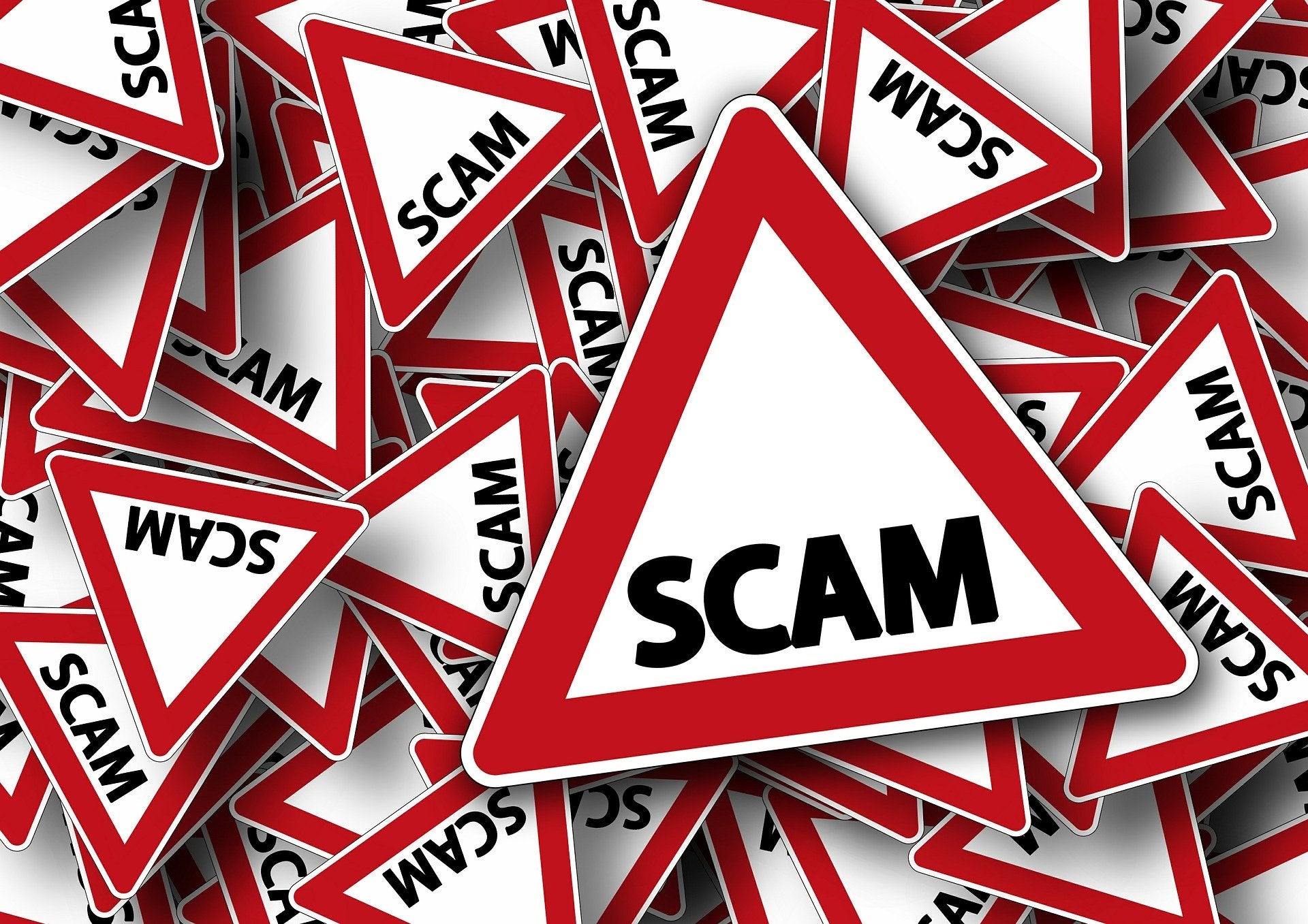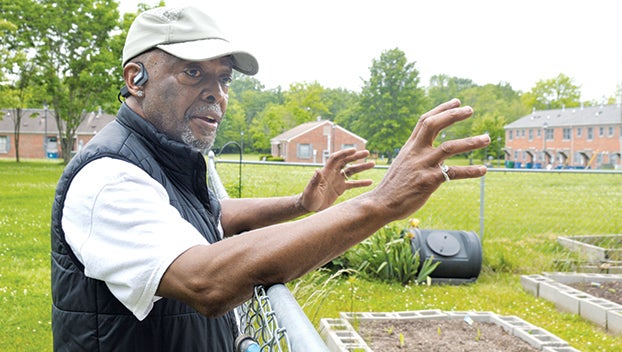Pandemic brings more scamming attempts
Published 7:22 pm Wednesday, March 25, 2020
FDA already issued warning to those pedaling fake products, warns there are no at-home testing kits or remedies for COVID-19
Social media has become our “real” virtual life now that communities are asked to social distance to avoid encouraging the COVID-19 pandemic. People have come together online, forming their own communities, sharing bright spots in their workdays at home or some crazy meme.
It’s also been a hotbed of information, some true and a lot not, about the current health crisis, one that most of us never dreamed we’d witness in our lifetime. There are great reminders shared, like check on an elderly neighbor or try not to buy all the toilet paper, as well as posts about all the giving people and companies donating their time and skills to help others, making and delivering face masks or hand sanitizer, for instance.
But then there are those who take advantage during times when humans are at their frailest. Although these types of scam artists have been around for a while, many say that in the current crisis situation they could evolve even further, focusing on the elderly as their next target, using fear as a way to drive sales.
“We need to advise the elderly that there is no cure currently and beware of cures and remedy hoaxes,” says Danville Police Chief Tony Gray. People need to be cautious, he says, “as there will be people who try to prey on people’s fears.”
So far, the department hasn’t received any complaints about this, but Gray says, “We need to be vigilant and check on our elderly by phone or some sort of video, if possible.”
Gray was asked about a current warning notice being forwarded on social media, which says reports have been made about people going door-to-door selling home testing for the coronavirus.
“We have not been made aware of any coronavirus test scams, but we have been contacted about suspicious salespeople,” Gray said, which is currently being looked into.
Crisis situations like the one we’re in could produce scam opportunities where the elderly could be tricked, Gray said. “There is so much untruth out there.”
Earlier this month, the conservative talk show host Alex Jones was served a cease-and-desist order, as reported by several media outlets, by the New York State attorney general. Jones was claiming his products, like diet supplements and toothpaste, could be used to fight COVID-19.
Companies making false claims about products and vaccines have been seen on social media, including the attempt to sell counterfeit masks.
The site Socialcatfish.com lists “four different virus scams” it claims people should look out for, including family scams, “quack alerts,” fake vaccines and fake emails designed to look like they came from the Centers for Disease Control (CDC).
Family scams usually target the elderly, with evening calls from someone they’re related to, claiming “they’ve contracted the virus.” Quack alerts are those who are trying to sell unproven products to combat the virus. The fake CDC emails, including some designed to look like they’re from the World Health Organization, are sent out sometimes with links to products.
Heather Clary, director of communications for the Better Business Bureau Serving Central and Eastern Kentucky, says so far, she hasn’t been able to verify the circulating warning about door-to-door salespeople offering testing kits. But, she says other fraudulent attempts are developing.
The Food and Drug Administration is currently warning against buying any “at home” kits that are popping up on the market.
The FDA says it is “actively and aggressively monitoring the market” for companies attempting to sell products with “fraudulent coronavirus diagnostic, prevention and treatment claims as part of our ongoing efforts to protect public health during this pandemic.” The agency says it is beginning to see unauthorized fraudulent test kits that are being marketed for home use.
The FDA statement says, “We want to alert the American public that, at this time, the FDA has not authorized any test that is available to purchase for testing yourself at home for COVID-19. The FDA sees the public health value in expanding the availability of COVID-19 testing through safe and accurate tests that may include home collection, and we are actively working with test developers in this space.”
Clary says she and other agencies know that more fraud will emerge as the pandemic goes on.
“BBB has seen numerous reports nationwide on phony mask sales, fake ‘grant’ offers due to being affected by COVID-19,” she says. The fake testing kits being pushed online could endanger the public, she adds, by causing them not to seek the proper medical testing and treatment.
“We also expect more scams revolving around the legislation in Congress that aims to provide financial relief to individuals and businesses. Caution is key.”
The BBB urges the public not to believe everything they see on social media and other places on the internet. “Especially when it comes to tests, treatments, loans, grants or anything else that requires you to give personal information and money,” Clary says.
The FDA says it has already identified and issued warning letters to companies found selling and promoting fraudulent items, “and we expect additional such actions will be forthcoming.” It is also stepping up law enforcement at ports of entry, including international mail facilities to ensure fraudulent products that originate outside the border don’t get through.
The agency says penalties could include seizures or injunctions. The FDA also asks anyone to report to them if they aware of any fraudulent test kits.
Consumers are reminded to follow the CDC’s guidelines and speak to their medical providers if they have symptoms of COVID-10. Medical providers will advise whether patients should get tested and the appropriate procedures for the right test.
SO YOU KNOW
To stay up to date about COVID-19 scams, visit bbb.org/coronavirus. Report any scams to bbb.org/scamtracker. To report fraudulent products being sold, related to the pandemic, email FDA-COVID-19-Fraudulent-Products@fda.hhs.gov.




